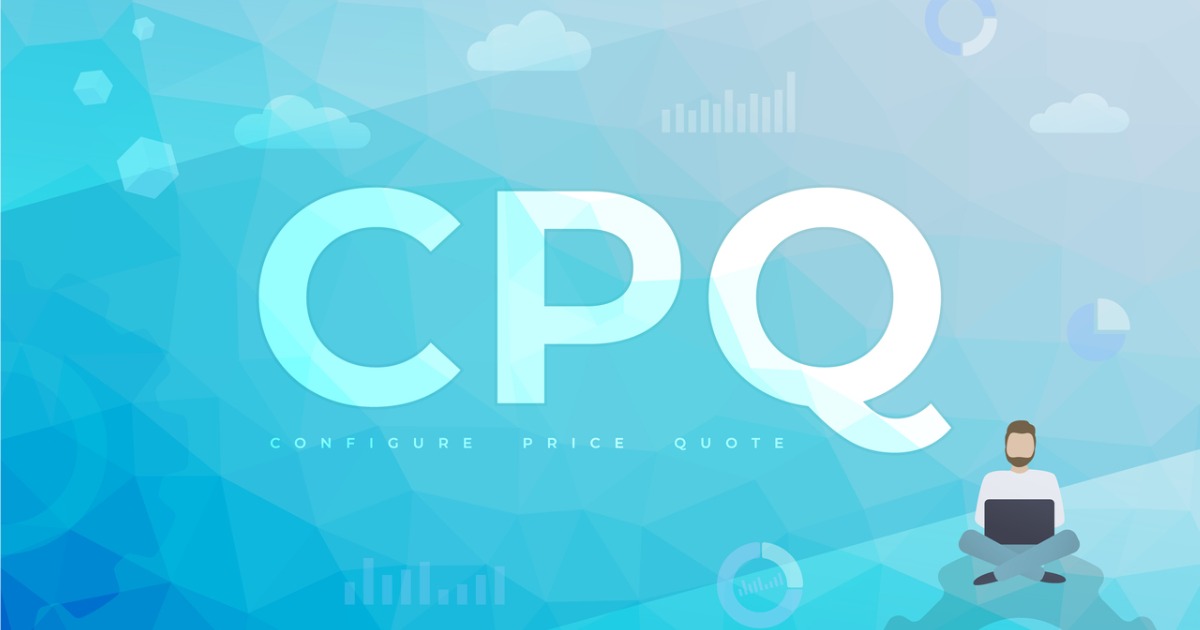
As discussed in part one and part two of this blog series, there are essential capabilities all businesses must possess to operate in this modern world.
I’ll let you into a secret. The word “omnichannel” is bandied around a very great deal, but often by those who couldn’t even give a solid explanation of what it actually is. Even though they claim to offer agnostic CPQ solutions. So: Caveat emptor.
In a nutshell, omnichannel is the idea that a buyer may be served in one of multiple channels. They may buy the exact same item from the manufacturer or from a distributor. They may conduct this business by phone, by email, by fax (yes, that still happens in 2021), on a website, or with an app on a mobile device.
The simplest scenario should be easy. But we still see people messing it up. The manufacturer sells goods for $100. It should be pretty trivial to make sure that the same customer price is on the website as would be quoted by an outside salesperson, as would be quoted by a call center operative.
It should be pretty trivial, but it’s not. Some CPQ systems are only available in the context of a CRM, and if the call center people exclusively use some other order entry system, it quickly goes wrong. What if there’s a different system that powers the corporate website? Another failure point.

Where KYCP is Valuable
Now let’s think about what happens when certain customers are served by a distributor. The manufacturer still wants the customer to pay $100. Now some game theory comes into the equation. Should the manufacturer dictate the sell-in price to the distributor (the question mark, in the illustration), or should the manufacturer be led by the distributor?
This is where a “KYCP” (Know Your Channel Partner) program is incredibly valuable. What if the $100 that a Manufacturer wants the Buyer to pay is a negotiated price…what incents the Distributor to adhere to that? From our Distributor’s point of view, if they went down to $95, they might secure the Buyer’s business…and the Buyer would never buy direct from the Manufacturer. That’s classic channel conflict.

One more level of abstraction, then. What if the Distributor expands their addressable market by selling on Amazon? There’s nothing in the partner agreement stopping them, let’s assume. Depending on the commercial arrangements the Distributor has with Amazon, they may entirely lose control of what price Amazon has on their website. And now the Buyer has more places to potentially buy from, and channel conflict potential increases.

Put “Agnostic CPQ” Providers to the Test
My point here is that you, dear readers, should challenge the other vendors in this space who claim to deliver agnostic CPQ – the ones who pepper every statement with buzzwords like “AI” and “omnichannel”. You know who they are, so challenge them to describe how they would solve this situation.
The truth is that underneath the buzzwords, what’s required is a solid foundation of price management. Give me a call and I’ll talk you through it.
